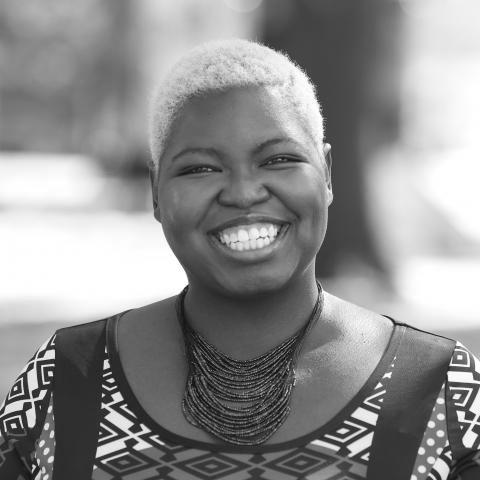
My path to Sojourners is pretty uncommon for most fellows, but pretty typical for me. In 2013, I left a steady job writing commercials for radio stations to co-found a non-profit focused on building self-esteem in young women and combatting domestic and sexual violence called A PURE Movement. Then, in 2015, with two suitcases, a carry-on and a laptop bag, I moved from my hometown of Detroit to Oakland, Calif., in pursuit of a dream at San Francisco School of Digital Filmmaking. For the last three years, I’ve been working in Los Angeles, San Francisco, and Atlanta’s film scenes, but found myself asking God what my next project should be. The Lord began to reveal to me his heart for justice. The more I learned, the more I longed to work with other Believers who saw the same problems and solutions that I did. So I prayed: “God connect me with a group of people who share your heart for social justice.” The next day, I saw a Facebook ad for Jim Wallis’ new book, Christ in Crisis. The messages affirmed what had been growing inside of me for the last year. So, I researched Jim Wallis, which led me to the Sojourner website and fellowship opportunity. I applied and a few weeks later, arrived in D.C. with my two suitcases, carry-on and personal item to begin this leg of my journey.
Posts By This Author
Juneteenth: ‘How Beautiful Are the Feet of Those Who Bring Good News’
If you’ve been taught about Juneteenth at all, the common telling is that President Abraham Lincoln's 1863 Emancipation Proclamation pronounced freedom for all enslaved people in states that had seceded from the Union, but that Black Texans weren’t informed until June 19, 1865 — two and a half years later. The delay is sometimes blamed on distance and limited communication or that enslavers weren't inclined to comply with the law. While these may have been contributing factors, these explanations obscure why the Black residents of Galveston, Texas, actually celebrated the first Juneteenth — and obscures how that celebration still speaks to us today
